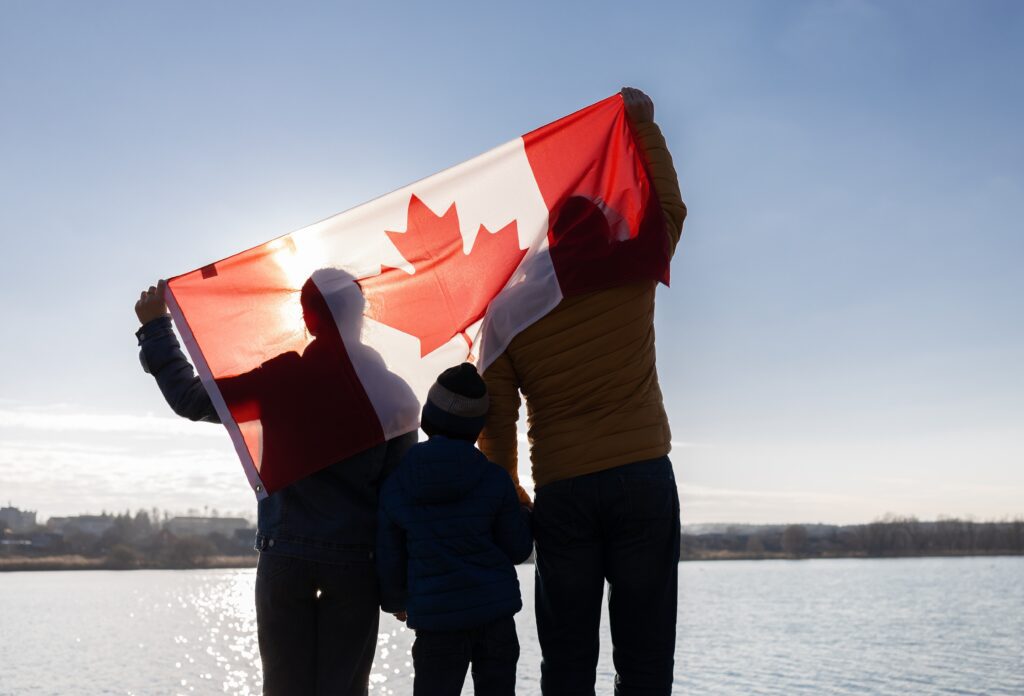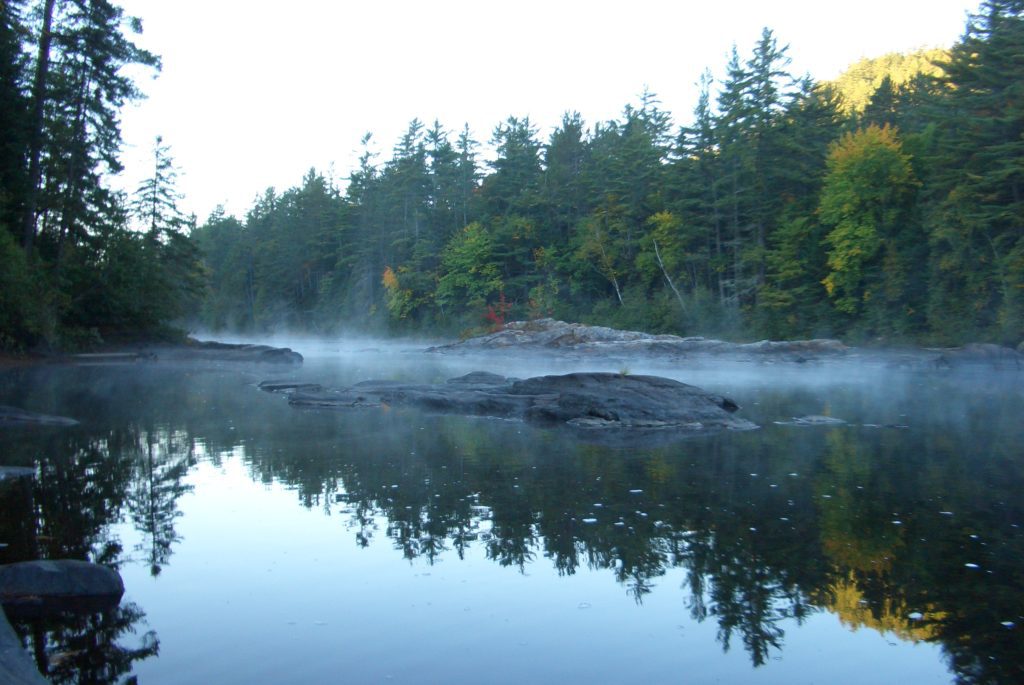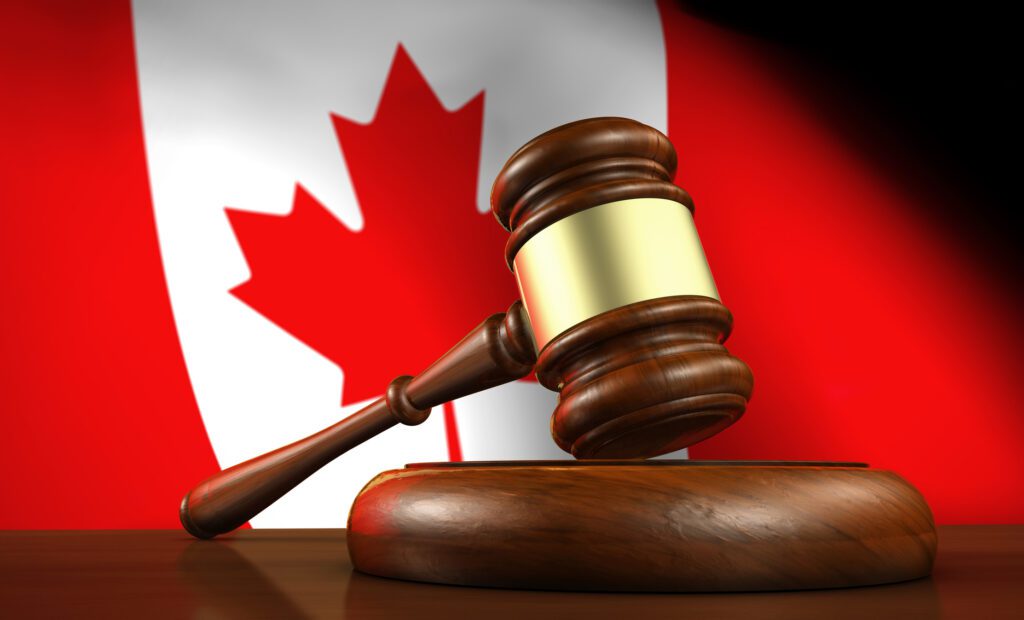Is there a connection between COVID-19 and air pollution? What’s the first thing the federal government should do for the environment after the COVID-19 crisis? The answer to these and other questions about the pandemic and the environment.
This is the second in a series of blogs answering questions about COVID-19 and the environment. See the first one here.
Do you have a question? Email us at deardefenders@environmentaldefence.ca
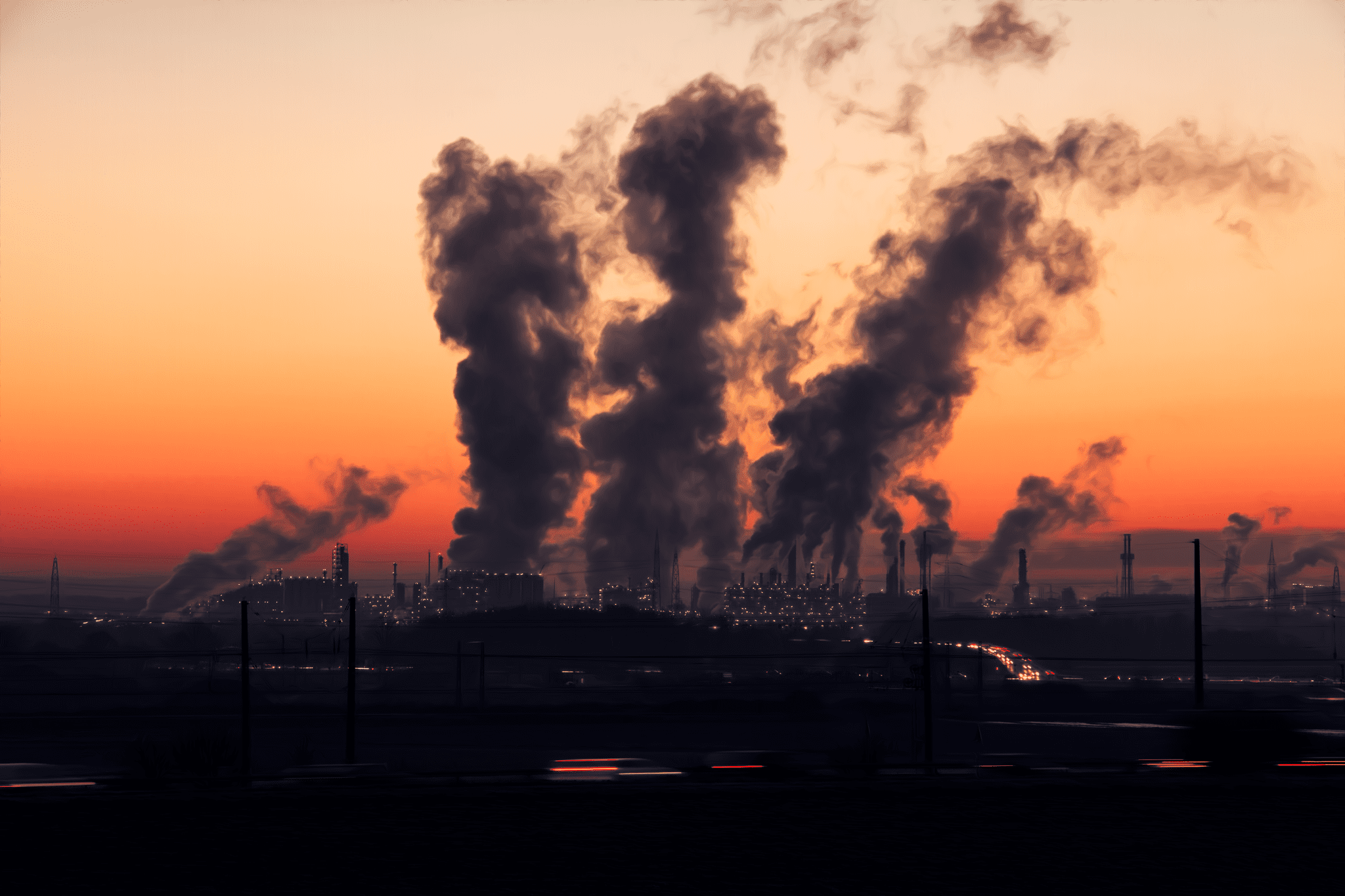
Is there a relationship between air pollution and COVID-19?
Air pollution has a big impact on human health. It makes people sick, increases hospitalization and can take years off one’s life. Those who are exposed to more air pollution will experience greater health impacts. When it comes to COVID-19 and air pollution, recent studies like this one show that people who were exposed to higher levels of air pollution were more likely to experience serious illness or die when infected by the coronavirus. The study also showed that even a small reduction in air pollution means fewer people would die if they got COVID-19.
Reducing air pollution saves lives. The main sources of air pollution include transportation (cars, SUVs, trucks and buses that use gas or diesel), electricity from coal and natural gas, and industrial emissions. If we want to reduce air pollution and improve health and the ability to fight off diseases like COVID-19, we need stronger federal air pollution regulations and to switch to renewable energy, cleaner industrial practices, and electric transportation as well encourage people to walk, cycle and take public transit.
 Do you think Federal Government plan to restore abandoned oil wells in Alberta as part of its COVID-19 economic aid will be effective?
Do you think Federal Government plan to restore abandoned oil wells in Alberta as part of its COVID-19 economic aid will be effective?
As with many issues, the devil is in the details. Alberta has roughly 100,000 oil and gas wells that are either inactive or orphaned, and cleaning them up is a good thing for the environment and public health. Plus, it will create jobs. But the catch is: companies were supposed to be cleaning these sites up all along. They are required by law, in fact, to pay funds into the Orphan Well Association – but the association is significantly underfunded compared to the size of the task.
So, the fact that Canadians are now paying for this clean up is another massive subsidy to the oil and gas industry. And as of right now, there are also no conditions on this funding to prevent companies from continuing to dump orphan and inactive wells on the public. Nor is there transparency around governance that communities (and us!) have been asking for – like making the clean-up fund directed by local landowners, municipalities and First Nations.
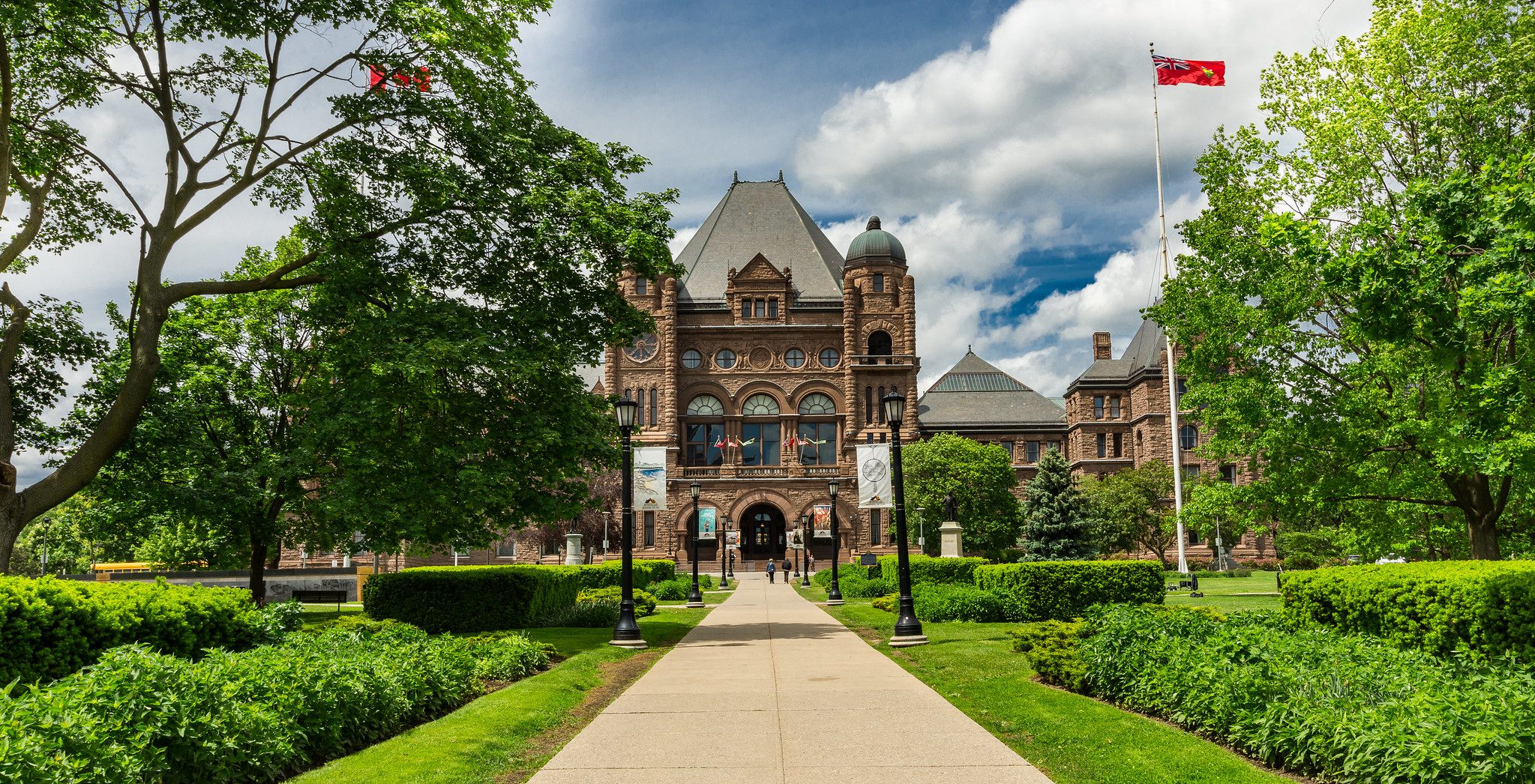
I would like to hear your response to the Ontario government’s decision to suspend EBR requirements during the COVID-19 crisis.
Ontario’s Environmental Bill of Rights (EBR) requires that any changes being made by the government that could impact Ontario’s land, water, air and wildlife need to be posted for at least 30 days for public comment. In early April, the government issued an exemption to this legal requirement, due to COVID-19. This means that 30-day public consultations are no longer legally required. This is a cause for concern, because it could limit government transparency. The exemption does not have any conditions and can be used on policy changes whether or not they are related to COVID-19.
Environmental Defence would have preferred to see the government use an existing emergency provision in the EBR on a case-by-case basis, instead of issuing this blanket exemption. The government has said they will only use the exemption where necessary, but because it is a blanket exemption there’s no legal requirement to do so. Environmental Defence will be watching carefully to make sure the exemption is only used in the right circumstances. For more information you can check out this blog.
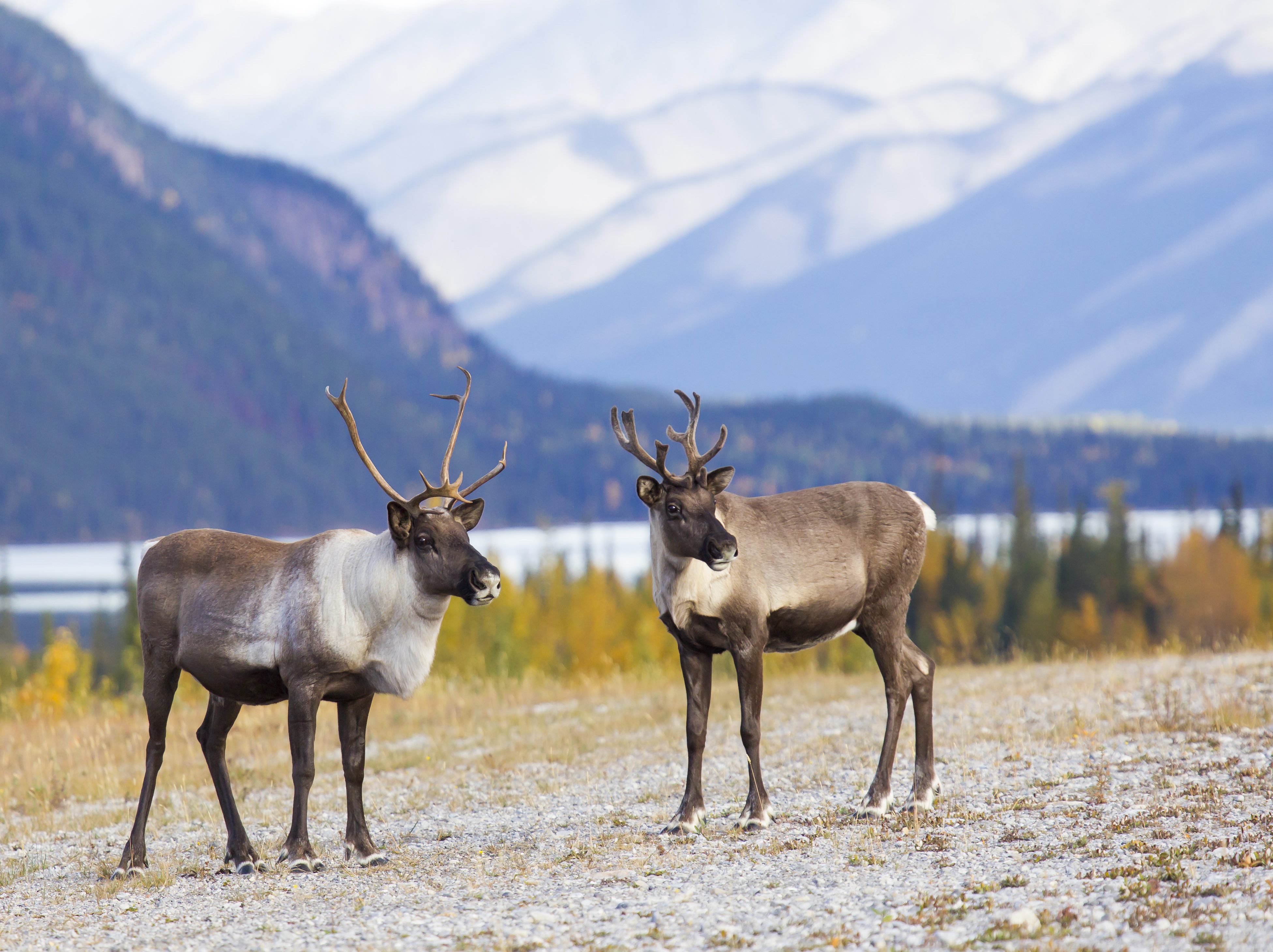
What environmental legislation and/or regulation should we lobby the federal government to introduce first after the COVID-19 crisis?
First and foremost, we need to be focused on people’s health and immediate needs: shelter, food and well-being. It’s hard to say what should come first as we plan for a long-term recovery: there are many opportunities and needs, and they all need attention. Check out these options.
One of the best things we can do right now is make sure the government doesn’t water down its environmental ambitions that were planned before this moment. The oil and petrochemical industries are already putting their significant resources towards demanding deregulation & increased subsidies. But backing off, say, legislation that will remove toxic chemicals from everyday products, or reduce methane emissions, won’t make us safer OR help the economy.
 Do you have any suggestions on fun ways to stay healthy and exercise without breaking physical distancing rules?
Do you have any suggestions on fun ways to stay healthy and exercise without breaking physical distancing rules?
It’s especially crucial to maintain physical and mental well-being during the COVID-19 pandemic. Although we must respect physical distancing rules, there are many fun ways to stay healthy and exercise both outdoors and at home. Here are some tips:
- If you are able, you can go outside to enjoy the sun, fresh air and connect with nature, while respecting the 2-meter rule. Go for a bike ride or take a walk or run around the park. (And don’t forget to wash your hands for at least 20 seconds with soap when you get back home.)
- Many gyms and trainers are hosting virtual workouts through Instagram Live, Zoom and YouTube. Because we’re spending more time sitting at home, it’s important to set aside some time for deep stretching and mobility exercises every day.
- Eating a plant-based diet is both healthy and good for the environment. Now’s a great time to try and test out recipes for plant-based meals. Have fun and get creative with your cooking or baking!
- Managing stress and anxiety is crucial for sleeping well, and sleeping well is crucial for staying healthy. Try yoga and meditation before bed to help you sleep.
Your support during these uncertain times is crucial for us to continue our work in protecting the environment and the health of our communities. If you can, we hope you can make a contribution to support our efforts.
Stay up-to-date on environmental issues. Join our email community by filling out the form below.



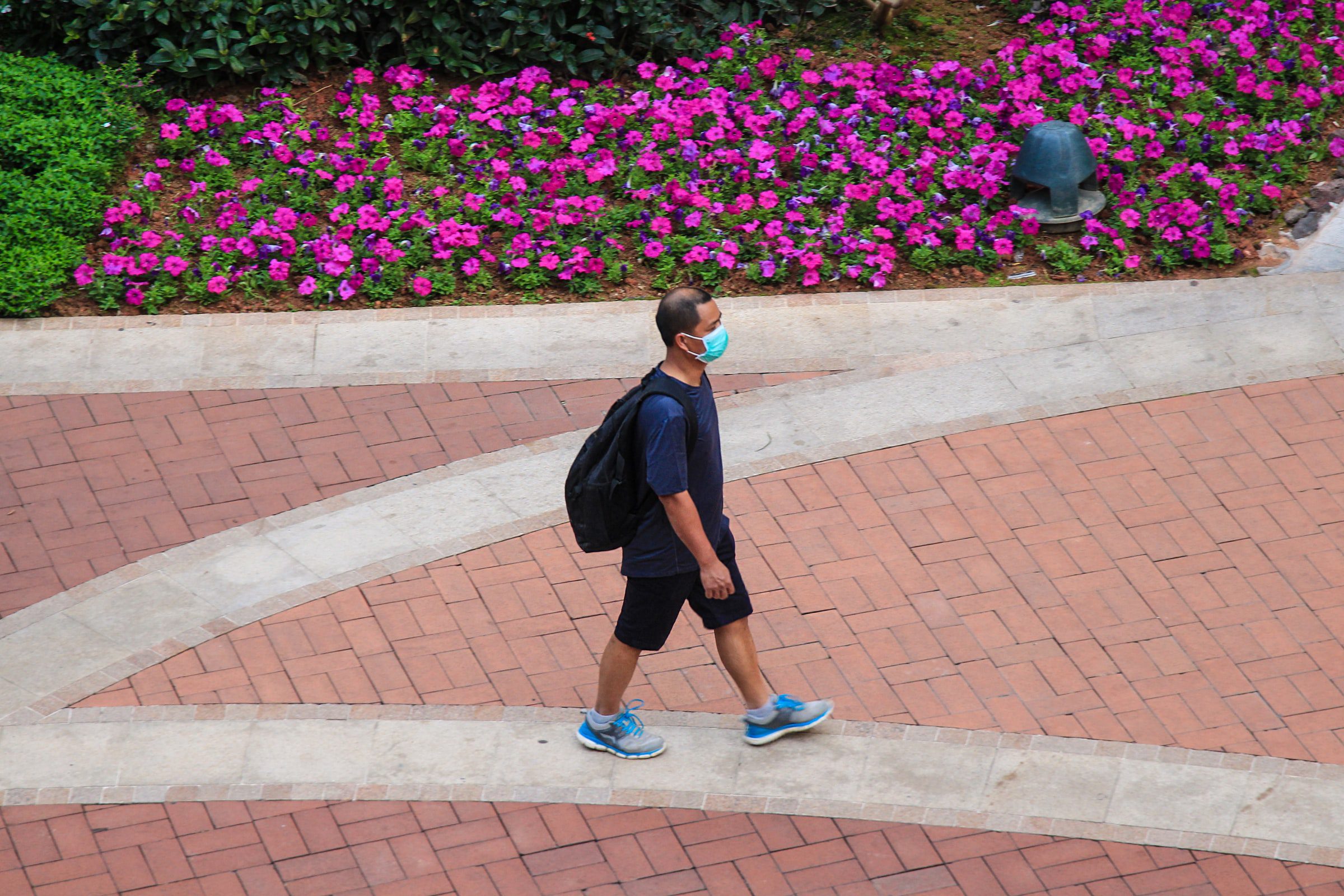

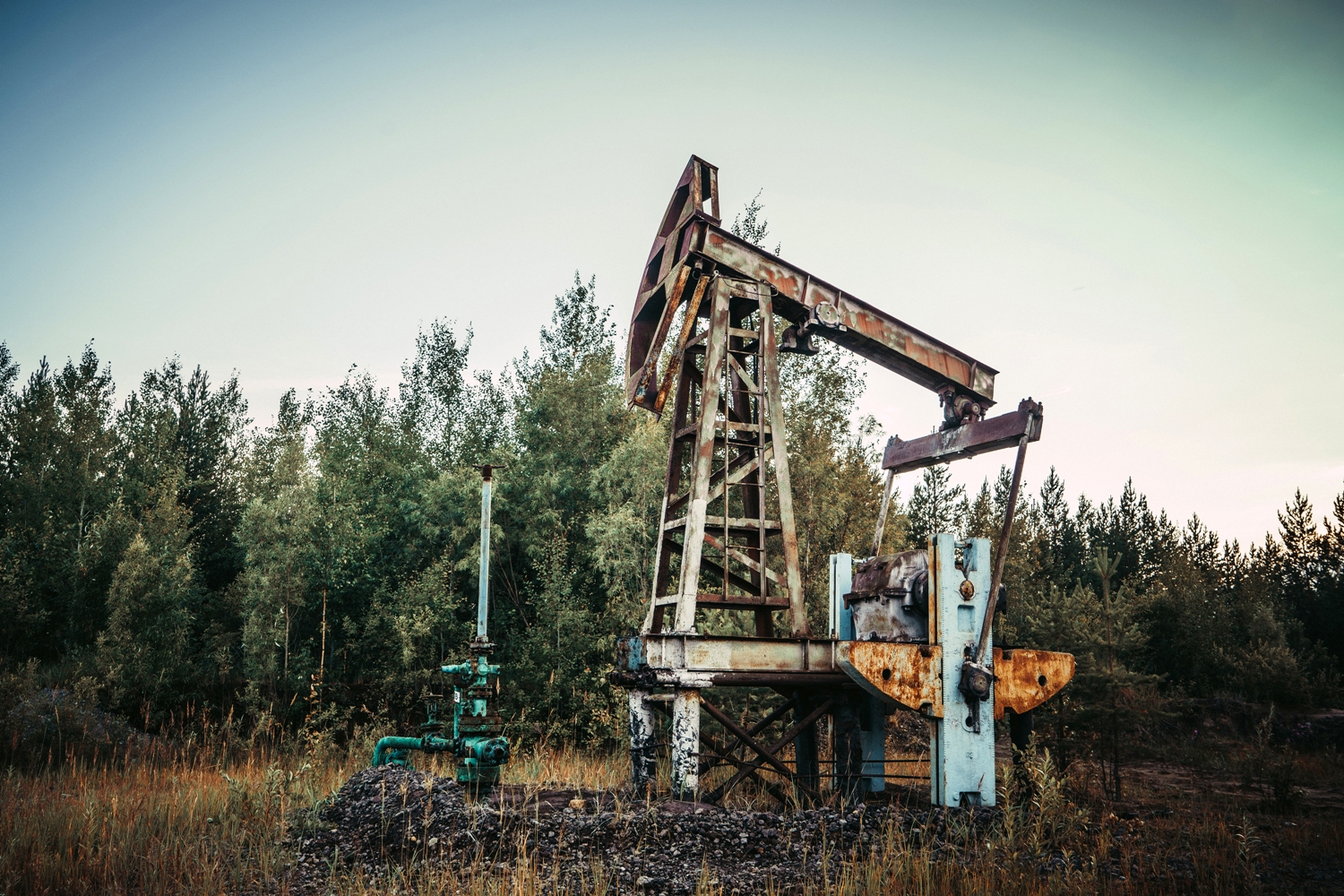 Do you think Federal Government plan to restore abandoned oil wells in Alberta as part of its COVID-19 economic aid will be effective?
Do you think Federal Government plan to restore abandoned oil wells in Alberta as part of its COVID-19 economic aid will be effective? Do you have any suggestions on fun ways to stay healthy and exercise without breaking physical distancing rules?
Do you have any suggestions on fun ways to stay healthy and exercise without breaking physical distancing rules?
